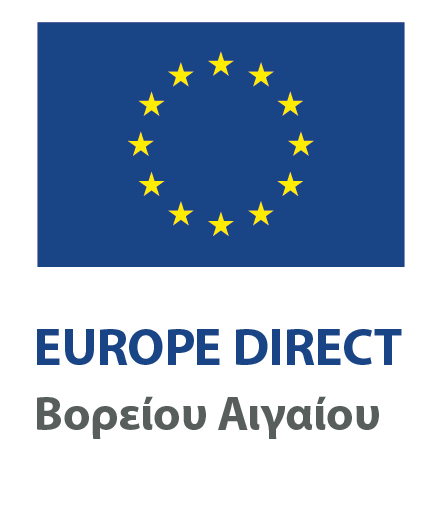
ΑΝΑΚΟΙΝΩΣΗ ΤΥΠΟΥ – ΑΜΟΙΒΑΙΟΤΗΤΑ ΘΕΩΡΗΣΕΩΝ ΜΕ ΤΙΣ ΗΠΑ: Η ΕΠΙΤΡΟΠΗ ΝΑ ΕΦΑΡΜΟΣΕΙ ΤΗ ΝΟΜΟΘΕΣΙΑ
15 Ιουλίου, 2020
Δελτίο Τύπου – Κορονοϊός: Η Επιτροπή ενισχύει την ετοιμότητα για μελλοντικές επιδημικές εξάρσεις
15 Ιουλίου, 2020CULT MEPs call for measures to green the EU culture and education programmes
|
CULT committee stresses the role of EU culture and education programmes in supporting the Green Deal and calls for efforts to make them greener, without compromising the original content. |
|||
|
Erasmus+, Creative Europe and European Solidarity Corps programmes impact the daily lives of millions of Europeans and should be “greened” in order to further contribute to the societal change aimed for in the European Green Deal, says a resolution adopted by Members of EP Culture and Education committee on Monday.
However, they stress that greening measures must retain the original values of the programmes – mobility, learning, creativity – and the “already extremely limited” budgets of the programmes must not be eroded, they warn in the text adopted by 23 votes to 3 and 3 abstentions.
Quote
“With this report, the European Parliament affirms the place of the Erasmus+, European Solidarity Corps and Creative Europe programmes in the Green Deal, while making concrete proposals for the Commission to roll out in the 2021-2027 programmes. Culture and education play a key role in driving the societal change we must achieve. We can use the programmes smartly to contribute to the wider environmental objectives.”
“At the same time, we need to rethink mobility by giving people the opportunity to use less polluting means of transport. But mobility is irreplaceable and must remain at the heart of our education, culture and youth programme. Culture, plays a major role to play in raising public awareness of and promoting engagement with climate issues. Artistic freedom is sacrosanct, but we can do much make content production, distribution and consumption more environmentally friendly.”, said the rapporteur Laurence Farreng (Renew, FR).
Greening mobility in Erasmus+
MEPs call on the Commission to calculate the transport-related carbon footprint for Erasmus+ participants and to update current rules so that the additional costs of more environmentally friendly transport are reimbursed and longer journey times factored into grants. The Commission should negotiate with European rail operators, and, in areas not served by rail, also bus operators, to achieve discounted fares for programme participants, following the DiscoverEU model.
At the same time, MEPs warn to not exclude participants for whom air travel is the only viable option. Physical mobility must remain the core of Erasmus+, with virtual exchange as a useful complement, they add.
The Committee also highlights the value of, for example, student associations and university green offices in helping participants to adopt environmentally sound practices while on mobility exchanges.
Greener hosts for EU volunteers
MEPs argue that host organisations applying to receive volunteers through the European Solidarity Corps should, over time, demonstrate sound environmental practices, but stress that, given their often small size and limited capacity, the Commission must offer targeted support to develop those sustainable practices.
Greener culture
MEPs point out that the Creative Europe projects can be used as an opportunity to exchange good environmental practices in content production, distribution and consumption. The resolution argues that programme participants should also be subject to an environmental charter to be developed with stakeholders from the cultural and creative sectors.
Green indicators and label
More broadly, they ask the Commission to propose environmental, climate and sustainability indicators in the regulations governing the 2021-2027 culture and education programmes. The Commission should also analyse the programmes’ contribution to environmental and climate goals and their environmental impact.
They recommend developing a label to certify, promote and reward responsible environmental practices in the implementation of the programmes. The Commission should compile and circulate recommendations based on good practices already employed by national agencies, Creative Europe desks and project developers.
Next steps
The resolution will be put to plenary vote in September 2020.
|


